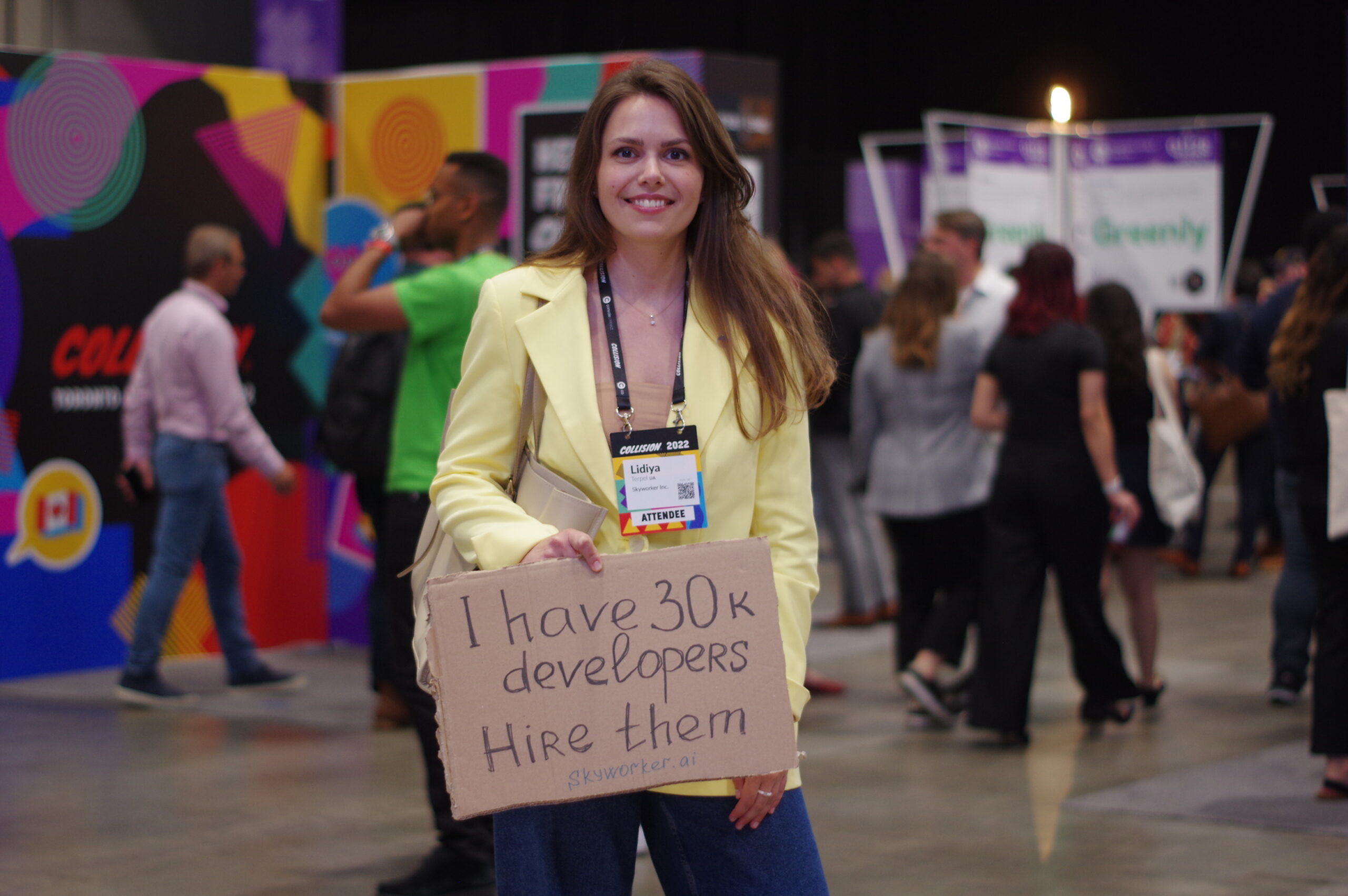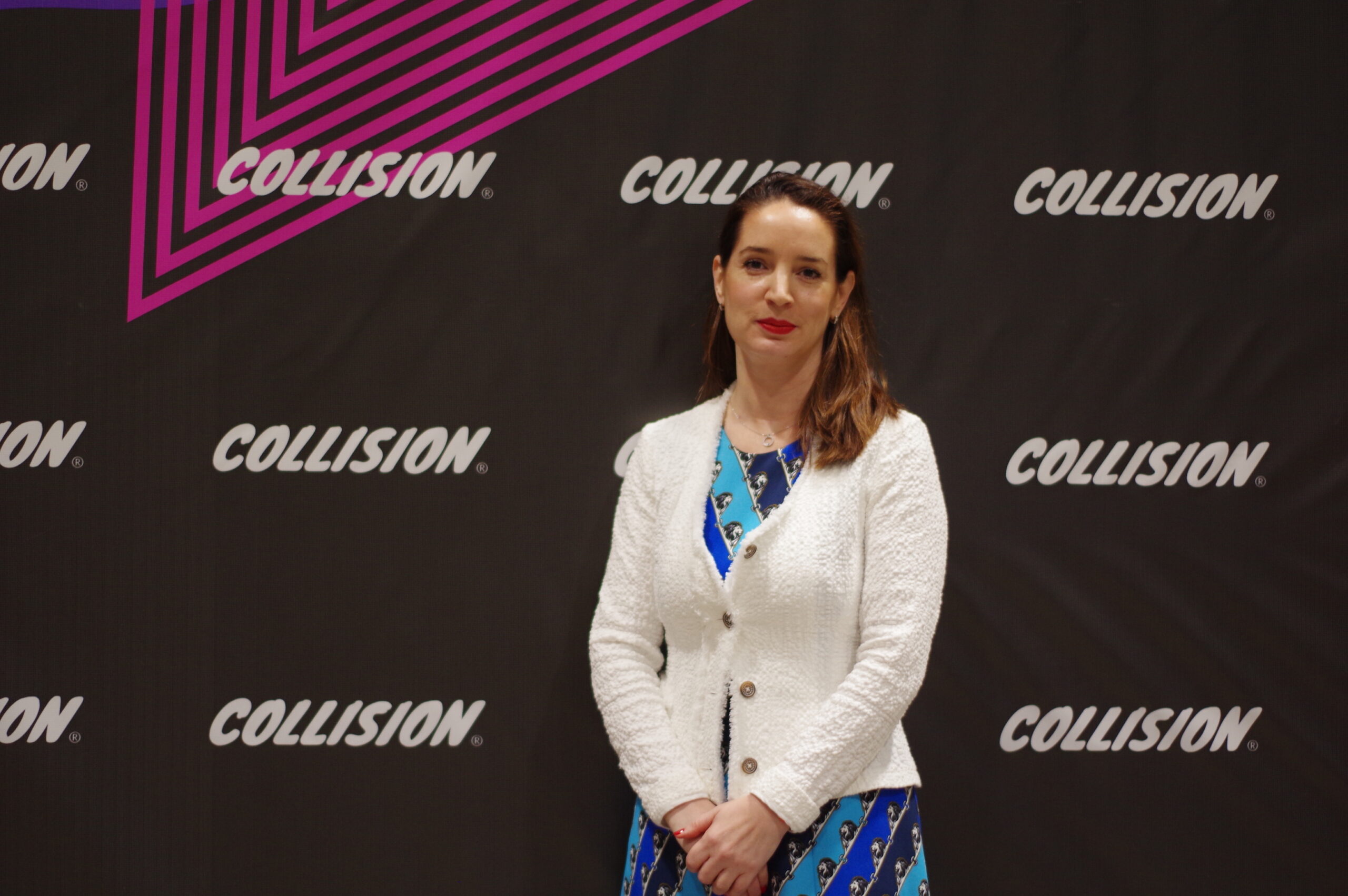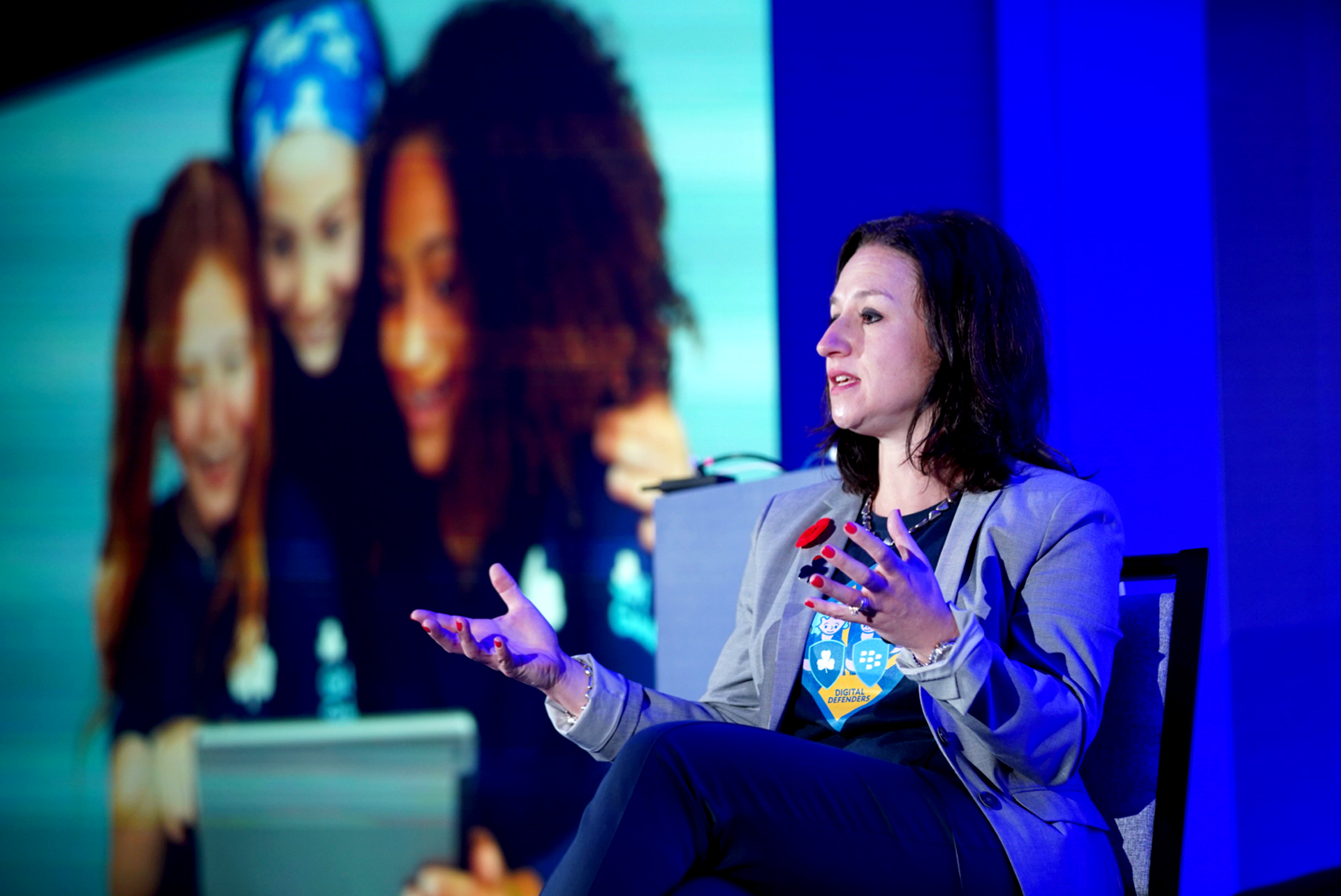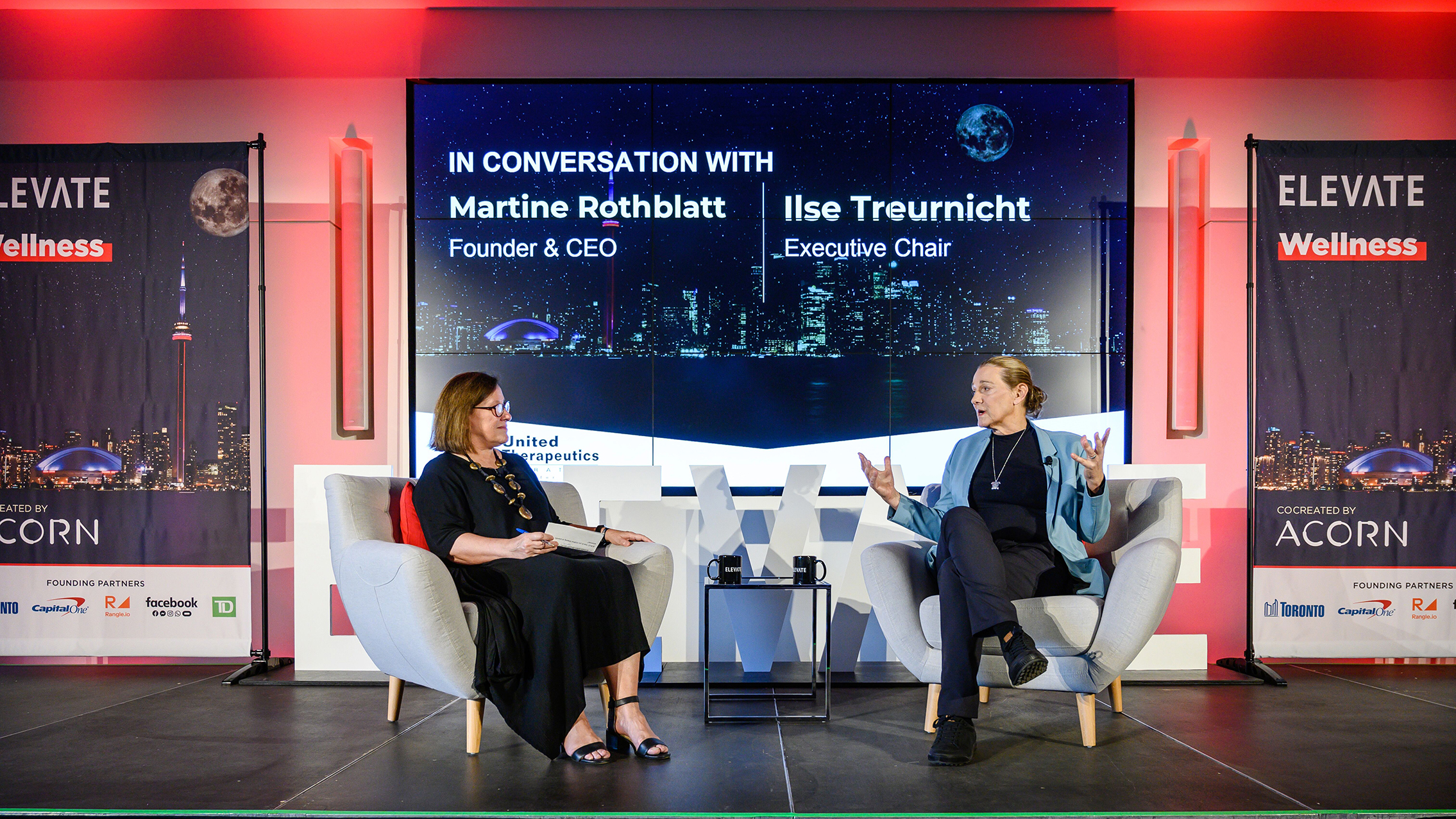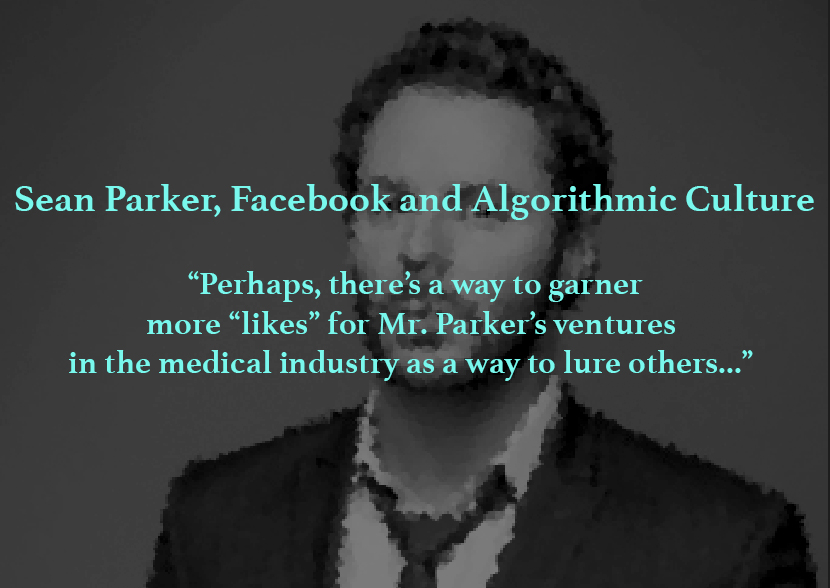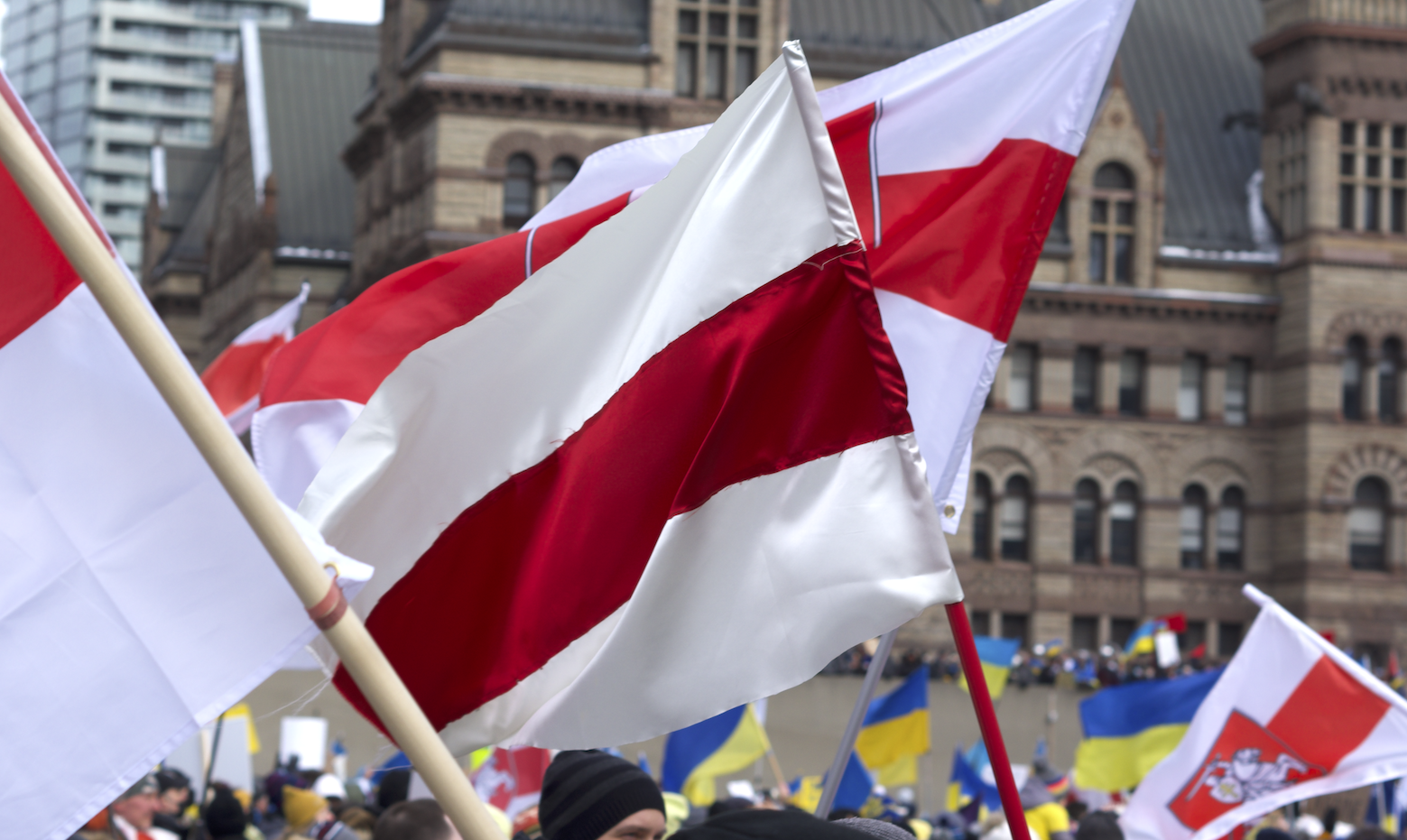
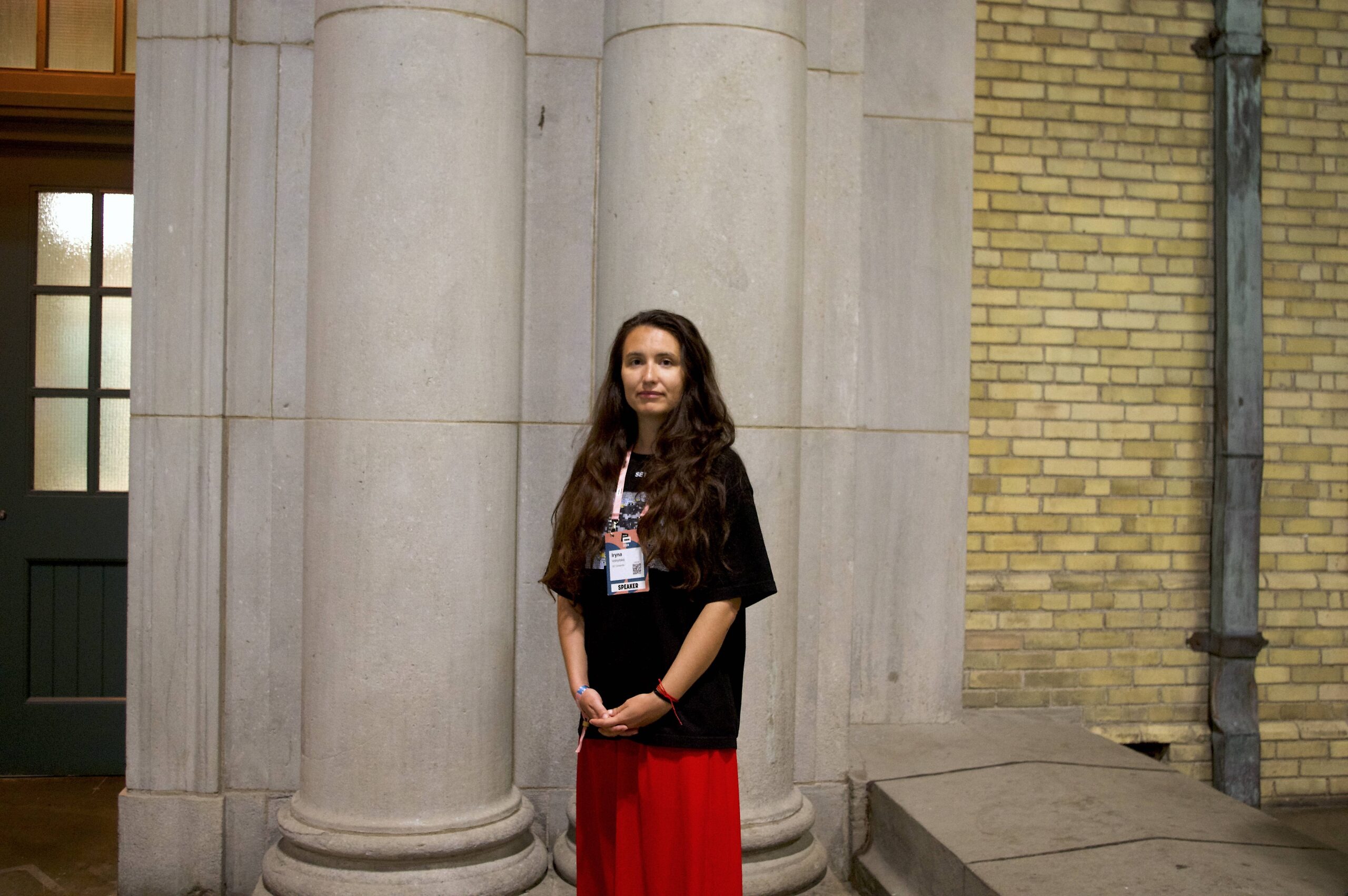
Meet the president of SET University, Ukraine's newest tech-focused higher educational institute, Iryna Volnytska.
It isn’t often that a group decides to create a higher educational institution in a country amidst a full blown war. But that’s exactly what’s occurred in the heart of Kyiv with SET (short for Science, Entrepreneurship and Technology), which is a tech institute accelerator of sorts, with a strong focus on ‘entrepreneurship’. Those behind the institute are looking to bridge the gap between highly specialized and educated techies and the outer professional world that eagerly awaits their specific skill sets.
Founded in December of 2021 (two months prior the Russia-Ukraine war) the SET University program started with two Master’s programs: Master of Cyber Defense and Master of Computer Science and Innovation Engineering; among other micro-Master’s programs with an emphasis on cybersecurity, Web3, blockchain, and others that followed. The need for cybersecurity expertise—as those at BlackBerry will tell you—is in high demand, but in short supply; yet, the need is that much greater when your country has been the experimental Petri dish of Russian cyber-attacks for over a decade.
While the country is bombarded by Russian artillery in the east with strikes hitting as far west as Lviv, it would seem there’s little time to find peace of mind in order to build and encourage post-secondary education. However, the need for technical expertise is great and Ukraine’s already strong tech personnel are being under utilized, as expressed by Skyworker’s co-founder and CEO Lidiya Terpel, in an interview with Algorithmic Culture in 2022. Since the onset of war, thousands of Ukraine’s technical and software experts have been dispersed, trying mostly to survive as refugees in foreign lands. This furthers the brain drain that Ukraine has suffered for decades.
SET is an educational accelerator, if you will. A fast-track to technical, entrepreneurial ambitions that exists in the virtual as much as in the physical realm. While the university has physical dimensions—ones susceptible to bombardment and shelling—SET is primarily aiming its educational “space” to Ukraine’s impossible-to-calculate diaspora. As the country continues to function as a shell of itself during the war, while men and women fight on the battlefront, life must and continues to go on for those inside its ever-changing borders. SET’s president Iryna Volnytska, interviewed at this year’s Collision Conference in Toronto, explains:
“It’s about technology, but it’s not all about technology, it’s more about how to transform technology into business. In Ukraine, we used to have a strong tech industry, but 80% of our tech industry is [from] outsourcing companies, which means they just resell Ukrainian engineers to projects outside of Ukraine.”
Iryna goes on to explain the continued brain drain problem that Ukraine has faced for too long, but also how she aims to reverse the trend. SET maintains the goal of having engineers “teach our students how to create products, how to create companies” by teaching them the process in which to do so. She says that entrepreneurship and marketing were almost discouraged in Ukraine over the years, while mathematicians and physicists were produced through their higher educational institutes; the outlet for their talents and skills were never there to be fully utilized domestically or with a high degree of business acumen to fully realize their potential. And, as with all things technical, speed to market is of the essence.
Volnytska states that she understands that the onset of war wasn’t just a physical war, but it was also a war of technology. “It was obvious that the conventional industries, the traditional industries, they will [sic] be physically destroyed,” says Volnystka. In other words, there was an opportunity to educate those who would be left unemployed because of bombed destruction. She referred to this pivot for many Ukrainians as “re-skilling”.
“What we did, we created our first course in cybersecurity, again because Ukraine is one of the most [cyber] attacked countries in the world.” SET had almost 6000 applicants for the cybersecurity program just months after the war began, and Volnystka continues to say that in the year that followed, the tech industry inside Ukraine was the only business sector with any growth (at 7%) inside its war-riddled economy.
The university, although boasting a campus, is mostly comprised of online students (80%), while 20% are considered offline, according to Volnytska. SET was founded by two main co-founders, Serhiy Tokarev (Roosh Ventures), an entrepreneur with a love for AI and unicorn investing; and Tymofiy Mylovanov, the president of the Kyiv School of Econonics (and Ukraine’s former Minister of Economic Development, Trade and Agriculture). However, Volnytska clarifies that the founder of SET University is essentially the Kyiv School of Economics, rather than one or two individuals. Regardless of these particulars, this blend of academia and business capital venture is in essence the DNA behind SET University.
There are many potential obstacles for SET amidst an ongoing war. The university in part can exist and function with external help, with essentials like Starlink to keep it connected to its dispersed network of online students. The university’s annual budget according to Volnystka, is a paltry two million. SET also plans to have a Bachelor degree, says Volnytska, “which will be very unique, no one does it like this in the world. We will choose countries with the biggest number of Ukrainian refugees,” she says, to launch a program where students will study for one year in Poland, the next in Berlin, then England and Silicon Valley for example, hopefully culminating in these students returning to Ukraine to help rebuild its technical economy. A peripatetic Bachelor’s Degree for refugees is unique indeed, and it would be welcoming news for Ukrainians struggling abroad looking for educational direction in their own language.
But, apart from keeping the lights on and having Internet connectivity, the disaster in waiting for Ukraine—the silent killer in a sense—is its demography. This obstacle is extraordinary. Ukraine’s estimated population in 2001 was north of 48 million. After years of the current war, the population estimate is now somewhere near 38 million.
The diaspora is a serious issue and the likelihood of those Ukrainians ever returning in a majority is low, as those who have fled have started new lives in countries as far as Canada (with the third largest population of Ukrainians in the world), the U.S., and Australia. Volnytska acknowledges the issue immediately when asked about Ukraine’s population dispersal: “I know they’re not going to come back, because we did the research and 50% of them have said [they] are not coming back because they see much more opportunities for their children outside of Ukraine. So, my job is not just about education, it’s about creating opportunities in Ukraine.”
Oksana Zholnovych, Ukrainian Minister of Social Policy is suggesting that Ukraine’s population may shrink even further to just 25 million by 2050, with the diaspora, low birth rate and an aging population as key factors.
In large part, the future of Ukraine will be dependent on its technical ambitions, which—prior to the war—were already in good stead. Unfortunately, post Budapest Memorandum, Ukraine cannot shield itself under the preventative idea of mutual assured destruction with the nuclear weapons it surrendered, and is now ushered into a future of highly sophisticated micro-battles of drones and cyber-attacks. The drone technology Ukraine is borrowing, utilizing and refining over time in the battlefront continues to redefine modern warfare. All the technical wizardry that’s necessary for this war will also undoubtedly include the realm of cyberspace for the battles therein.
As a result, Ukraine has essentially become the start-up capital of the world for drone technology with—according to Kyiv estimates— hundreds of drone startups, manufacturers scattered across the country, while also being ground zero for cyberwarfare.
But apart from the knowledge and research in tech to be administered with utility in war, there is a future for Ukraine which includes its rebuilding and a current post-war phase that will continue to educate its citizens near and abroad. This is why SET University will be integral to Ukraine’s future. This includes its current period, a time when many have returned to Kyiv in the tens of thousands after having left, while those still abroad will have access to education at SET, too, with access to its long list of international experts on its faculty.
SET fosters free bootcamps for startups and encourages students to create a startup as a form of completing their Master’s thesis through the university’s accelerator program. The university has over 300 startup founders/graduates to date in its first two years, explains Volnytska proudly. This entrepreneurial fast-track is what Ukraine will need to preserve its talented core of tech experts and to help reshape its economic future when the war finally ends. And, with it, Ukrainians will have greater self-determination and prospects with which to replenish itself as a nation in order to maintain its culture as a people that it so defiantly protects.


